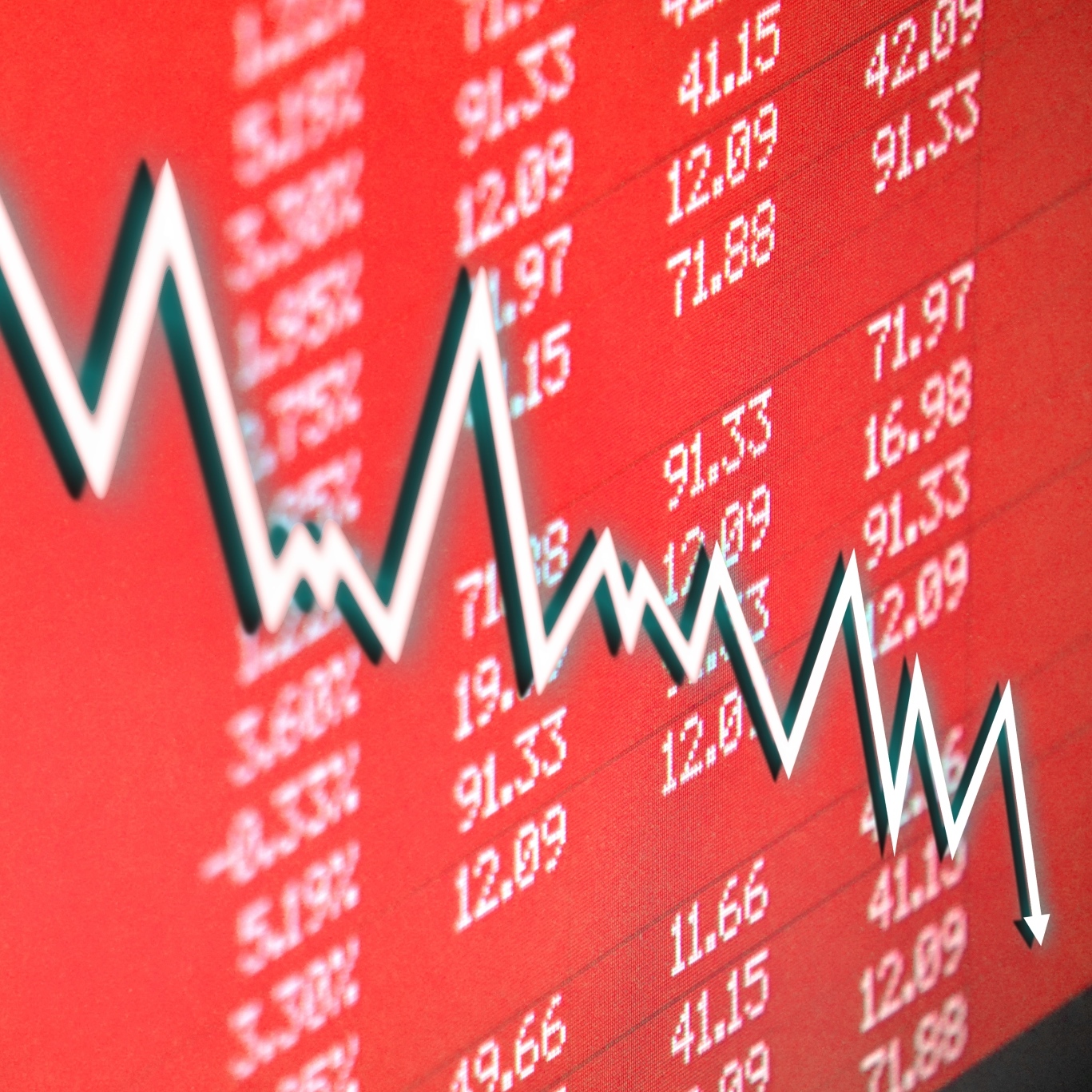
As earnings season is underway, some analysts are expecting earnings disappointments going forward, as S&P Global Market Intelligence expects earnings for the S&P 500 to shrink by about 8% in the first quarter.
So we might be seeing more companies destroying shareholders as this earnings season rolls on. Although the markets have made their comeback, some stocks are still slowing that recovery and punishing their shareholders.
We have picked out some companies that punished shareholders last week. Among the active stocks, these all issued or had news that pushed shares down.
24/7 Wall St. has included their recent trading history, as well as the 52-week trading range and the consensus analyst price target. This week’s list of companies that destroyed shareholders was Sarepta, Netflix, Lakeland and TransEnterix.
Sarepta Therapeutics
On Thursday, Sarepta Therapeutics Inc. (NASDAQ: SRPT) watched its shares take a turn for the worse, and then come back and rally on Friday, after the FDA announced that it had some voting questions on Sarepta’s Duchenne muscular dystrophy treatment.
The FDA took a negative view on the drug by adding a voting question, but the stock rallied on Friday following the analysts’ sentiment that there is a light at the end of the tunnel.
Last week, shares of Sarepta were down 29%. The stock closed trading at $14.95 on Friday, with a consensus price target of $24.15 and a 52-week range of $10.20 to $41.97.
Also, here is how one analyst from Janney still sees huge potential upside in Sarepta after its news.
Lakeland Industries
In its fiscal fourth-quarter report posted after the markets closed on Thursday, Lakeland Industries Inc. (NASDAQ: LAKE) reported that it had a net loss of $0.01 per share on $20.5 million in revenue. The consensus estimates called for $0.12 in earnings per share (EPS) on revenue of $24.14 million. In the same period of the previous year, it posted EPS of $0.31 and $24.82 million in revenue.
In the quarter sales dropped compared to last year amid the absence of emergency Ebola-related orders, global economic headwinds and the devaluation of foreign currencies against the U.S. dollar.
The stock fell 19% last week and closed at $9.43 on Friday. The consensus price target is $16.25. The 52-week range is $8.10 to $15.78.
Netflix
After markets closed on Monday, Netflix Inc. (NASDAQ: NFLX) reported first-quarter 2016 results. The video distribution company posted adjusted diluted EPS of $0.06 on revenues of $1.81 billion. In the same period a year ago, the company reported EPS of $0.05 on revenues of $1.57 billion. First-quarter results also compare to the Thomson Reuters consensus estimates for EPS of $0.03 and $1.97 billion in revenues.
In the company’s letter to shareholders, Netflix says U.S. streaming subscriber numbers grew to 45.71 million. Internationally, streaming subscriber numbers grew by 4.55 million to 31.99 million. Total subscribers now number 81.5 million, up by more than 6 million sequentially and just short of 20 million year over year.
The stock dropped 14% over the course of the week. Shares closed Friday at $95.90, with a consensus price target of $118.17 and a 52-week range of $78.89 to $133.27.
TransEnterix
Shares of TransEnterix Inc. (NYSEMKT: TRXC) went into free fall on Thursday morning following a devastating judgment by the U.S. Food and Drug Administration (FDA). The company announced after the markets closed on Wednesday that the FDA notified TransEnterix that it had determined that the SurgiBot System does not meet the criteria for substantial equivalence based on the data and information submitted.
Over the course of the week, the stock was down 64%. Shares of TransEnterix fell to $1.94 to close Friday. The consensus analyst price target is $4.04, and the 52-week trading range is $1.28 to $6.10.
It’s Your Money, Your Future—Own It (sponsor)
Are you ahead, or behind on retirement? For families with more than $500,000 saved for retirement, finding a financial advisor who puts your interest first can be the difference, and today it’s easier than ever. SmartAsset’s free tool matches you with up to three fiduciary financial advisors who serve your area in minutes. Each advisor has been carefully vetted and must act in your best interests. Start your search now.
If you’ve saved and built a substantial nest egg for you and your family, don’t delay; get started right here and help your retirement dreams become a retirement reality.
Thank you for reading! Have some feedback for us?
Contact the 24/7 Wall St. editorial team.





